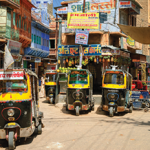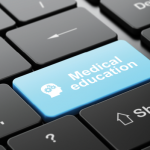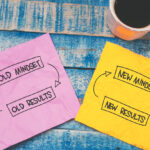My patients are often disappointed to learn that no such immune-boosting product really exists, at least as far as has been properly studied and rigorously evaluated. The immune system is so complex and multifaceted that there is no way to boost it as a whole. Instead, there may be ways to support the function of one or more of its many arms. Yet this is not a satisfactory answer, neither to me nor to my patients. After I meditated considerably about “fueling hunger,” I started to think about an answer that brings greater satisfaction.
In truth, the immune boosters that we seek are the ones that aren’t as well marketed. In the age of the pandemic, we’ve learned that masks and vaccinations are indeed immune boosters, helping reduce the severity of disease and risk of death.1,2 More subtly, lifestyle interventions, such as a more nutritious diet and regular exercise, can help prevent infections and curb elements of disease activity, and so, may be thought of as immune boosters.3 Even regular brushing and flossing can prevent a host of infections in the mouth—and possibly immune dysfunction beyond—making those habits immune boosters in their own right.4 The list can go on, from regular skin moisturization to greater time outdoors and maybe even mindfulness activities.
More obliquely, I’ve started to mention that the immunosuppressants themselves are also immune boosters. Although the terminology continues to evolve, autoimmune disease does predispose to further immune dysfunction and recurrent infections. When we help modulate inappropriate responses, we’re supporting the immune system in gaining a new balance in which immunity can more effectively work against germs and other threats. Prescription of these medications also helps patients regain the quality of life necessary for them to use other immune-boosting techniques, such as a more varied diet and consistent exercise.
Fuel Your Hunger to Learn About Patients
There’s another lesson that I’ve taken away from my snowy day observation. Frameworks for how we look at the world don’t just come out of nowhere. They are based on lived experiences and unique socioeconomic circumstances. A patient and I can have a meaningful discussion during an encounter, but in the larger scheme of things, this may be worthless once we leave the clinic and reenter our own worlds. In the clinic, we can talk about diet and exercise as immune boosters but that conversation won’t carry far when access to such immune boosters is so severely limited in many parts of our nation.


